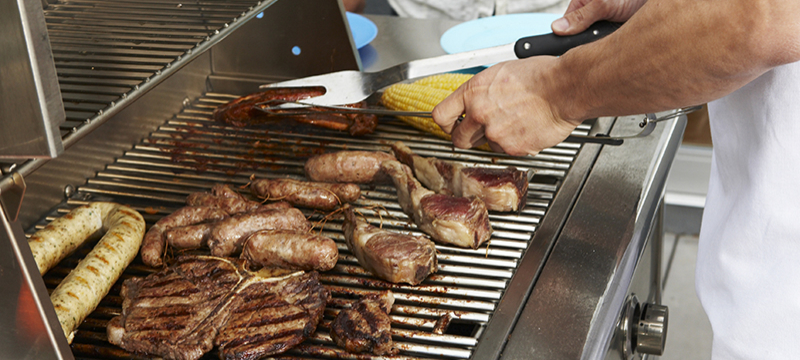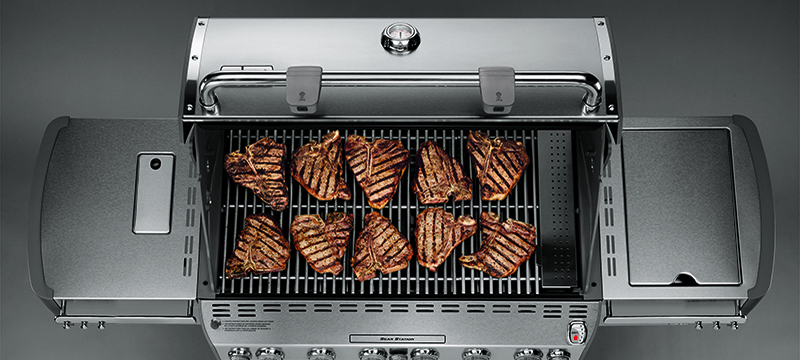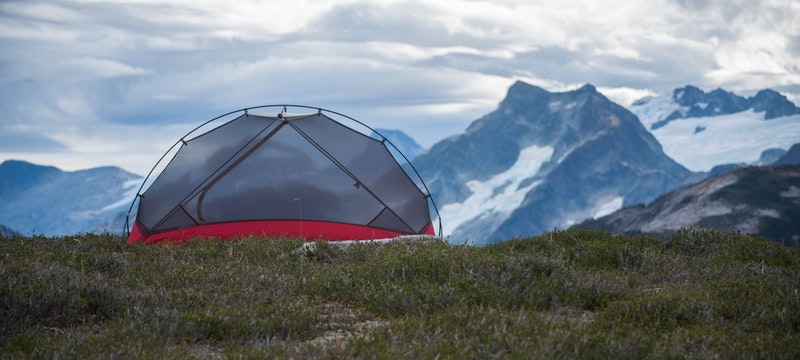So, you have decided to take the plunge and start cooking outside this summer. Grills are an excellent way to expand your culinary skills and get fresh air on lovely days. They smell great. Whether you want to try grilling corn on the cob, hot dogs, or something more adventuresome like cooking salmon, there is one for everyone. To help you figure out which one is best for you, we have a few pointers to help you choose the best grill.
Charcoal vs Propane vs Natural Gas vs Electric
Charcoal, gas, and electric grills all have their benefits and weaknesses. Let us go through some together.
Propane
Liquid propane is conveniently stored in tanks, making it easy to refill and move. Propane contains more energy than natural gas, as measured in BTU. The main disadvantage is the possibility of running out of fuel while cooking.
Natural Gas
It is much less expensive than propane, and you never have to run to the store for a refill since it will not run out of fuel. The catch is that the grill will be stuck in one place. Also, do not try to set it up yourself; call a professional to connect it to your gas line. Gas leaks have catastrophic consequences.
Charcoal
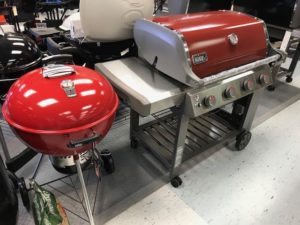
Charcoal gives a nice smokey flavor that is hard to match with other grill types. They are portable and suitable for taking on the road. They are also usually the cheapest type of grill, although high-end models still run a pretty penny.
Moreover, they have a long setup time to get the charcoal appropriately lit and a less consistent temperature, so be careful with them. The cost of charcoal adds up fast, too, if used frequently.
Electric
Electric tops can be used in locations without an open flame, such as condominiums or apartments, and even indoors. They are small, so they are great for tight spaces. They use no fuel and create no smoke, so they are spotless. No smoke flavor from cooking might turn some users away, however.
Grilling Area
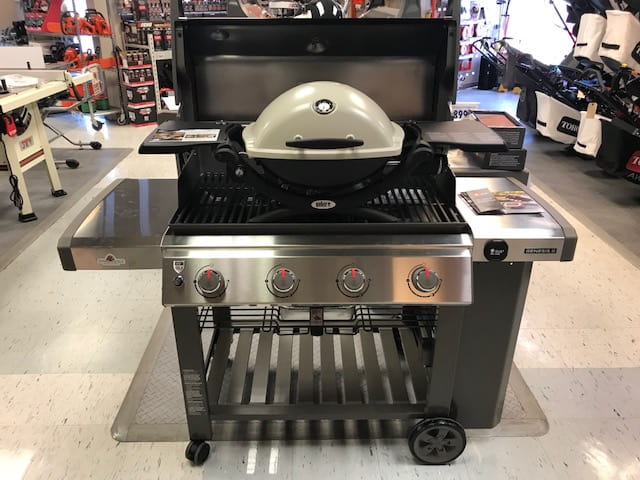
Size and mobility
Large grills are better for large functions like family reunions or parties, while smaller ones are aimed at campers and tailgaters. Going big can have several advantages.
- When cooking for large groups, more burners and larger grilling areas hold more food.
- Large exterior dimensions also mean you will need ample outdoor space, like a patio or a deck.
Let’s look at why you might want a compact grill.
- Small grills are great for apartment decks and camping.
- They are easier to carry and move for camping, games, etc.
- The cost is lower.
Grill Storage
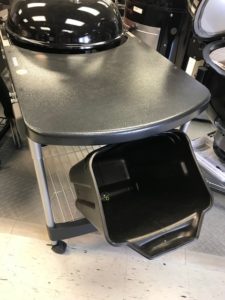
As grills get more extensive, many have some space for storing utensils, scrapers, and anything else you might need for a barbecue. Storage is typically open and exposed on less expensive models, so spending a few extra bucks for security might be required.
Some high-end charcoal models even have a pull-out bin to keep bags of charcoal dry and off the ground. If you plan to cook out a lot, keeping your fuel covered and close by is worth it.
Not all grates are made the same
Different grate materials cook food in unique ways. Consider the pros and cons of the following:
- Stainless steel is the most durable and will not rust like cast iron. It is also much easier to clean; wiping it down removes any residue.
- Cast iron holds a lot of heat and gives excellent searing marks. It is also straightforward to clean.
- Porcelain-coated grates, like stainless steel, are durable, easy to clean, and make sear marks like cast iron. They are rust-resistant but are brittle and need extra care to ensure they do not chip or crack.
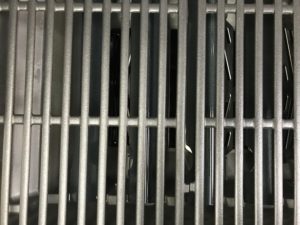
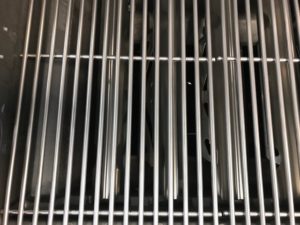
Ignition
Matches or lighters are an option to light gas grills, but most newer models have a built-in sparker.
- Piezo starters make a noticeable “click” sound and do not need a battery.
- Electronic ignitions use a battery to produce constant sparks like a gas stovetop.
- Hot surface ignition systems operate similarly to glow plugs in diesel motors.
A conductive element turns red-hot to ignite the flame. This system will cost more and is less common than other ignition types.
Accessories
Many accessories are available, either included with the grills or separately. They are worth looking at, especially if you have specific cooking needs.
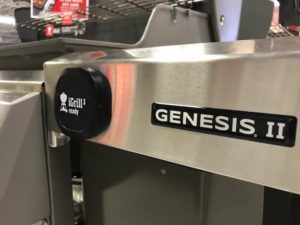
- A fitted cover. Most large stationary grills have covers to prolong the lifespan of your grill and get the most out of your money.
- App control. Some newer grills can synchronize with an app on your smartphone. Great for multitasking and cooking lots of food at once.
- Rotisseries are an option for chicken, turkey, and similar, but they need a more giant grill to fit correctly.
- A precision thermometer is an effective way to ensure no one gets food poisoning.
- Side burners are standard on larger grills. They are great for heating a can of beans while cooking other food on the central fire.
- iGrill compatibility. Weber makes a wireless tracking system that notifies you when your food finishes. Indeed, for newcomers to grilling and experts alike, it is worth looking into.
- Smoke boxes are a way to infuse a desirable smokey flavor into your food while using a gas grill.
A Few Last Things To Keep In Mind
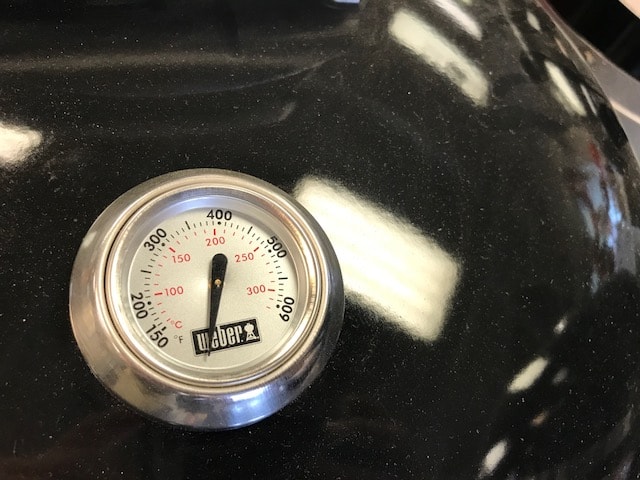
- Know what kind of food you will be cooking and how frequently. Heavy use will need something sturdier than camping use. Delicate food will also need fancier controls to maintain consistent cooking conditions.
- BTU (British Thermal Unit) measurement of the grill. This will give you an idea of how much heat the grill delivers.
- Remember that BTU count tells you how much fuel it burns; larger grills will naturally burn more fuel. BTU must calculate actual heat delivery per square inch, or “heat flux,” something they never tell you. The typical flux is eighty-five.
- Check manufacturer warranties, then ensure you do not accidentally void them. You would not want to spend a few grand only to have the grill fail a year later and not be able to replace it.
- Check reviews before buying.
The grilling community is vast and has many diverse opinions on the best methods and tricks, so use the internet to find what others think of a product before committing. Shop now at AcmeTools.com.

